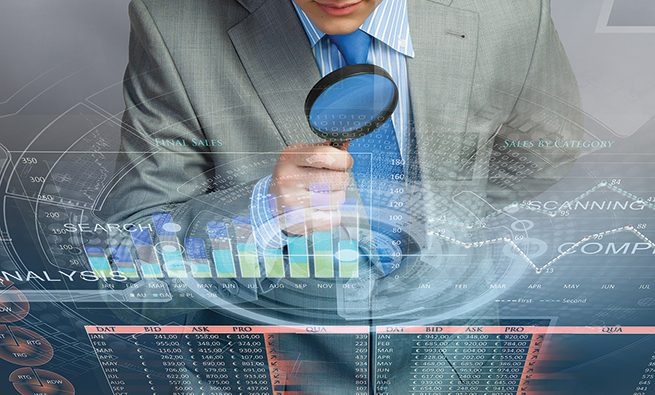In the complex world of finance, the role of forensic accounting has become increasingly significant. This specialized area of accounting combines investigative skills with financial acumen to identify irregularities that may indicate fraudulent activities. This article aims to delve into the intricacies of how forensic accounting works, its importance in today's business environment, and its potential future developments.
Forensic accounting, at its core, is the application of accounting principles, theories, and discipline to facts or hypotheses at issue in a legal dispute. It encompasses two primary areas: litigation support and investigative accounting.
In litigation support, forensic accountants quantify damages sustained by parties involved in legal disputes and can assist in resolving disputes, even before they reach the courtroom. On the other hand, investigative accounting is often associated with investigations of criminal matters, such as embezzlement, securities fraud, and insurance fraud.
The process of forensic accounting begins with a thorough understanding of the client's business and industry. This includes an analysis of financial statements, operational data, and market conditions. The forensic accountant then identifies potential areas of risk and designs procedures to detect any irregularities.
Data collection and analysis are crucial steps in forensic accounting. This involves gathering, reviewing, and interpreting financial and non-financial information, using statistical methods and data analytics tools. The forensic accountant then prepares a detailed report, presenting the findings in a clear, concise, and objective manner.
Forensic accountants often work closely with law enforcement agencies, lawyers, and auditors. They may be called upon to provide expert testimony in court, explaining complex financial transactions in a manner that can be understood by non-financial professionals.
In today's digital age, the role of forensic accounting has evolved. With the advent of sophisticated technology, fraudsters have become more cunning, employing complex schemes to evade detection. Consequently, forensic accountants must stay abreast of the latest technological advancements and employ advanced data analytics tools to detect and prevent fraud.
Moreover, the global nature of business has added another layer of complexity to forensic accounting. With businesses operating across borders, forensic accountants must navigate different legal and regulatory environments, making their role even more challenging and crucial.
In conclusion, forensic accounting is a dynamic and evolving field that plays a critical role in detecting and preventing fraud, thereby ensuring the integrity of financial systems. As businesses continue to evolve and technology advances, the demand for skilled forensic accountants is likely to increase, making it a promising career path for those with a keen eye for detail and a passion for justice.
About Author
You may also like
-
Benefits of Taking Butea Superba Extract Supplements
-
Smart Park Planning for Integrated Intelligent System Development
-
Российское зарубежное складирование
-
Shoebill Technology' s Six Core Principles of Smart Factory Planning Layout
-
Footwear Inspection: Ensuring Quality and Safety for Men's, Women's, and Children's Shoes

